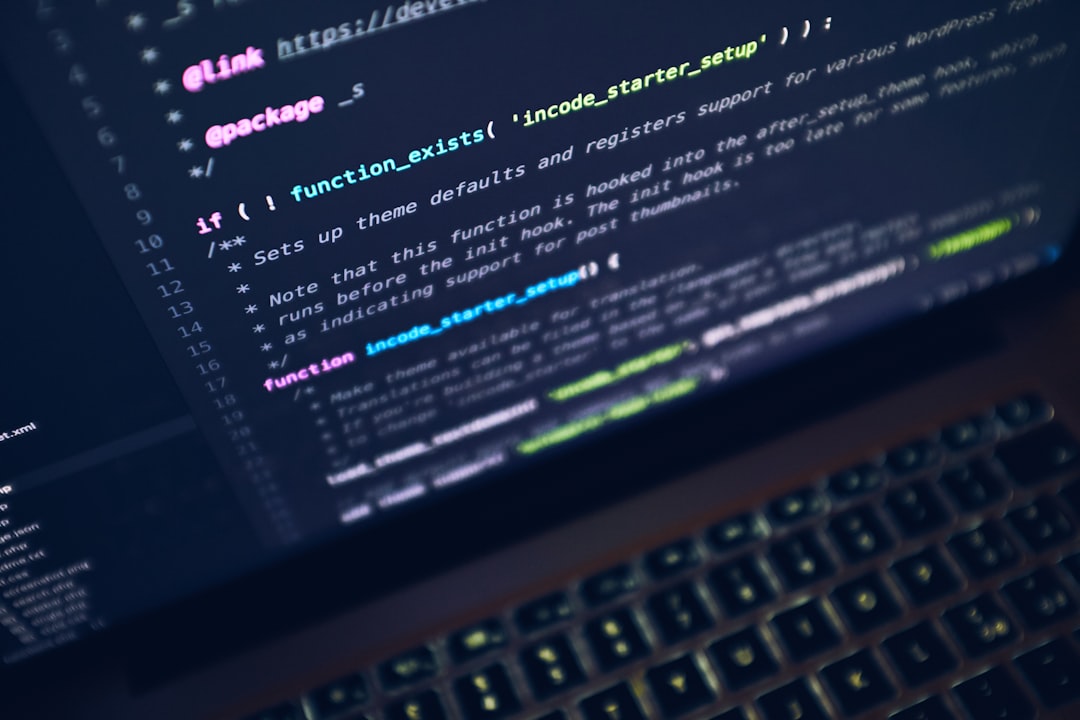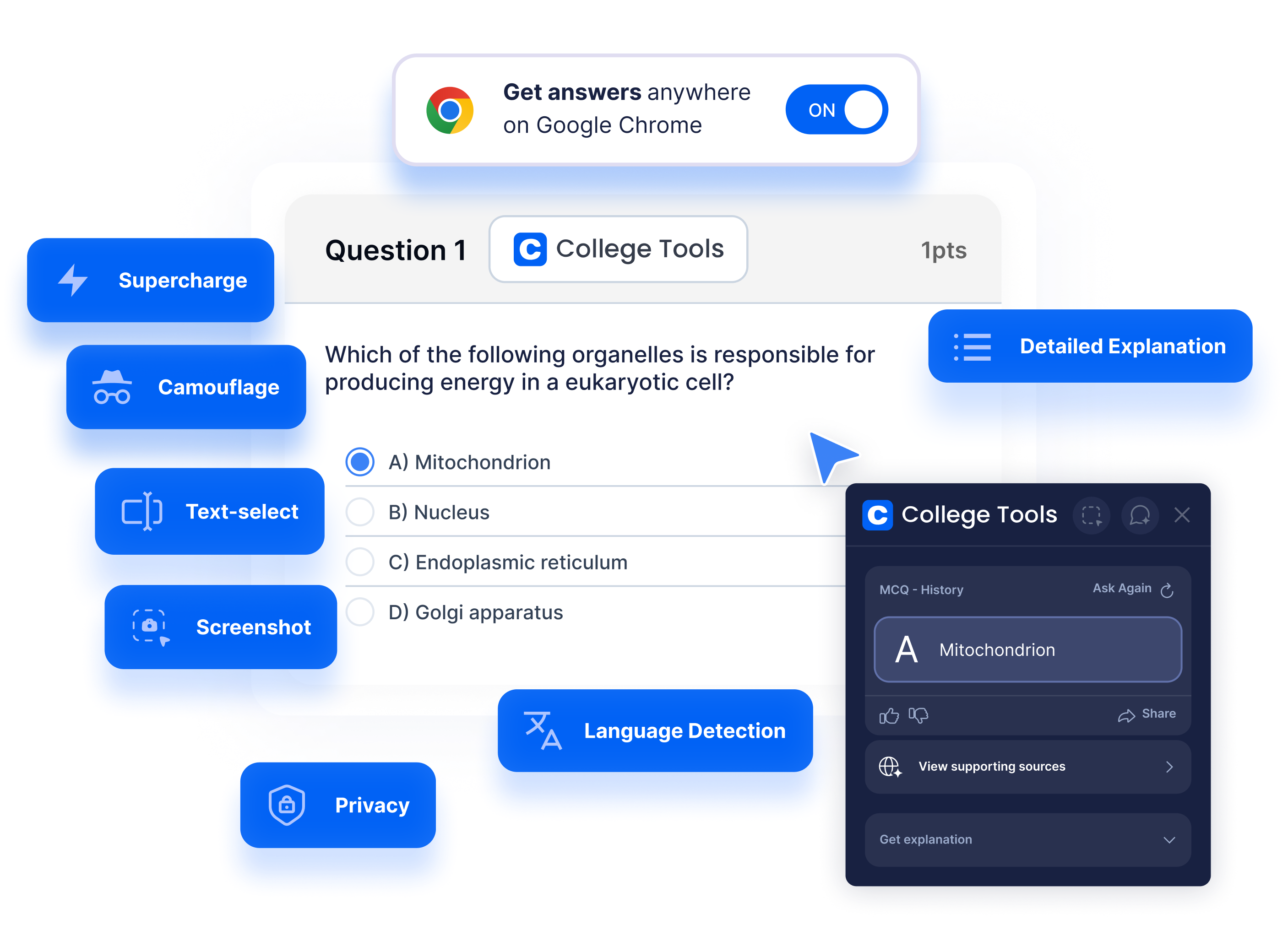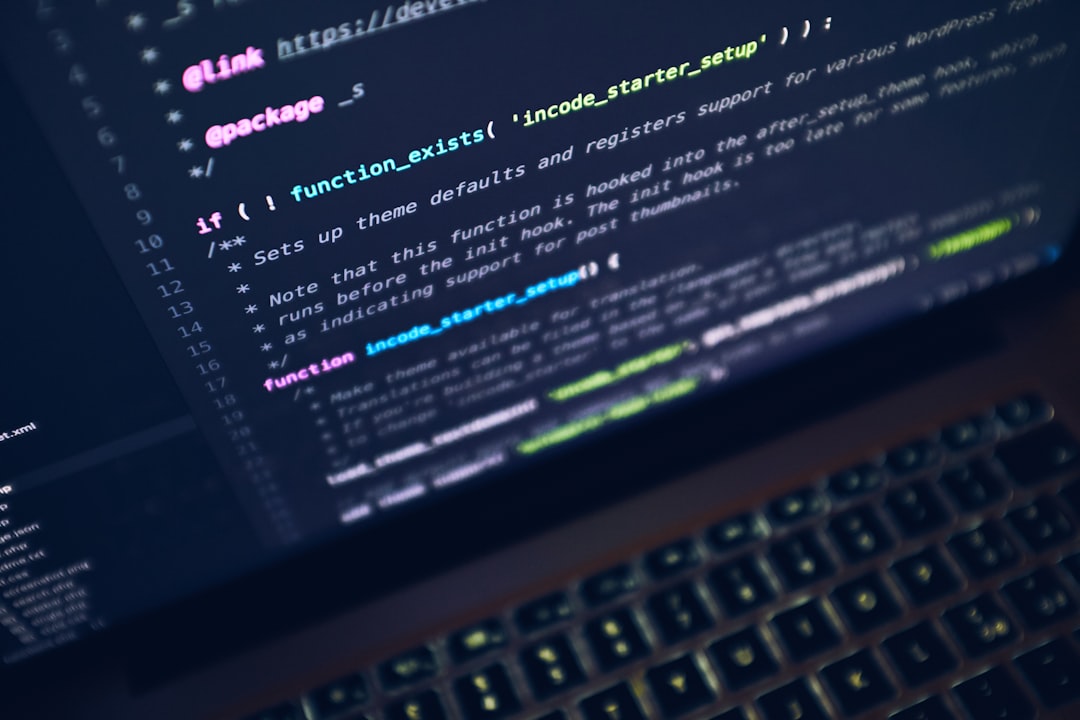{ Technology has always been a driving force of change. It has the power to transform our lives' everyday aspects, and education is not an exemption. With the rise of learning apps and AI-powered learning platforms, we are witnessing an era where technology has become an integral part of the educational landscape, profoundly influencing teaching strategies and learning capabilities.
In this blog post, we will explore how technology interfaces with learning apps, reflecting on how it is reshaping our education system and fostering more engaging, personalized, and effective learning experiences.
Intersection of Technology and Learning Apps
As we further delve into the 21st century, technology continues to evolve at an unprecedented speed, affecting various sectors including education. We've moved from traditional classrooms to 'Smart Classrooms', swapped blackboards for digital smart boards, and traded textbooks for tablets and e-books. Indeed, technology is revamping our traditional educational methods, and one of the significant changes we're experiencing today is the rise of learning apps.
Learning apps provide an interactive platform for students to engage with the course content outside the traditional classroom setting. They integrate rich multimedia elements - such as videos, podcasts, and interactive quizzes - providing an engaging and immersive learning experience. For example, a Common Sense Education's selection of top online learning apps provides a roster of examples in this domain. Yet, the innovation doesn't stop here. The intersection of these learning apps with technology (specifically AI) portends even more significant potential.
AI-Powered Learning Platforms
With advancements in Artificial Intelligence (AI), we are now looking at an entirely new level of personalized learning. These AI-powered learning platforms are designed to adapt to a learner's needs, providing customized content based on their learning style, pace and understanding.
While AI is still in its nascent stage in education, its potential to radically enhance the learning process is incontestable. AI empowers students to learn at their own pace, assisting struggling learners, and challenging those who are ahead. It provides teachers with valuable data about students' learning progress, helping them address learners' unique needs more effectively. This article provides an insightful analysis of how AI is influencing education.
The dialogue around AI in education is not new. Many AI-powered tools and platforms are already making significant strides. That brings us to one such innovative platform that is currently revolutionizing how students prepare for multiple-choice exams: the College Tools platform.
College Tools: An AI-powered Learning Platform
College Tools is an AI-powered platform that is designed to integrate seamlessly into any Learning Management System (LMS). Being a Google Chrome extension, it provides a practical and convenient tool for students appearing for multiple-choice exams. College Tools leverages AI technology to help students in their homework, assignments, quizzes, and other types of questions.
The platform has a user-friendly interface that allows students to handle the platform with ease. Its smart AI technology identifies the critical concepts, helping students study more efficiently and effectively. Additionally, it provides personalized feedback to help students address their weaknesses and build on their strengths. Powered by AI, College Tools is on its way to becoming an essential tool in every student's learning arsenal.
Reimagining Education with Technology and Learning Apps
As technology advances, so does our capacity to enhance education. Apart from the innovations we've discussed, several other technological developments are shaping the future of education. Virtual Reality (VR), Augmented Reality (AR), and Cloud-Based Technology are just a few examples of how technology is going far beyond our traditional understanding of teaching and learning.
Amid the myriad technological advancements, it's clear that the intersection of technology and learning apps is creating a new dimension in education, opening avenues for more immersive, personalized, and effective learning experiences.









